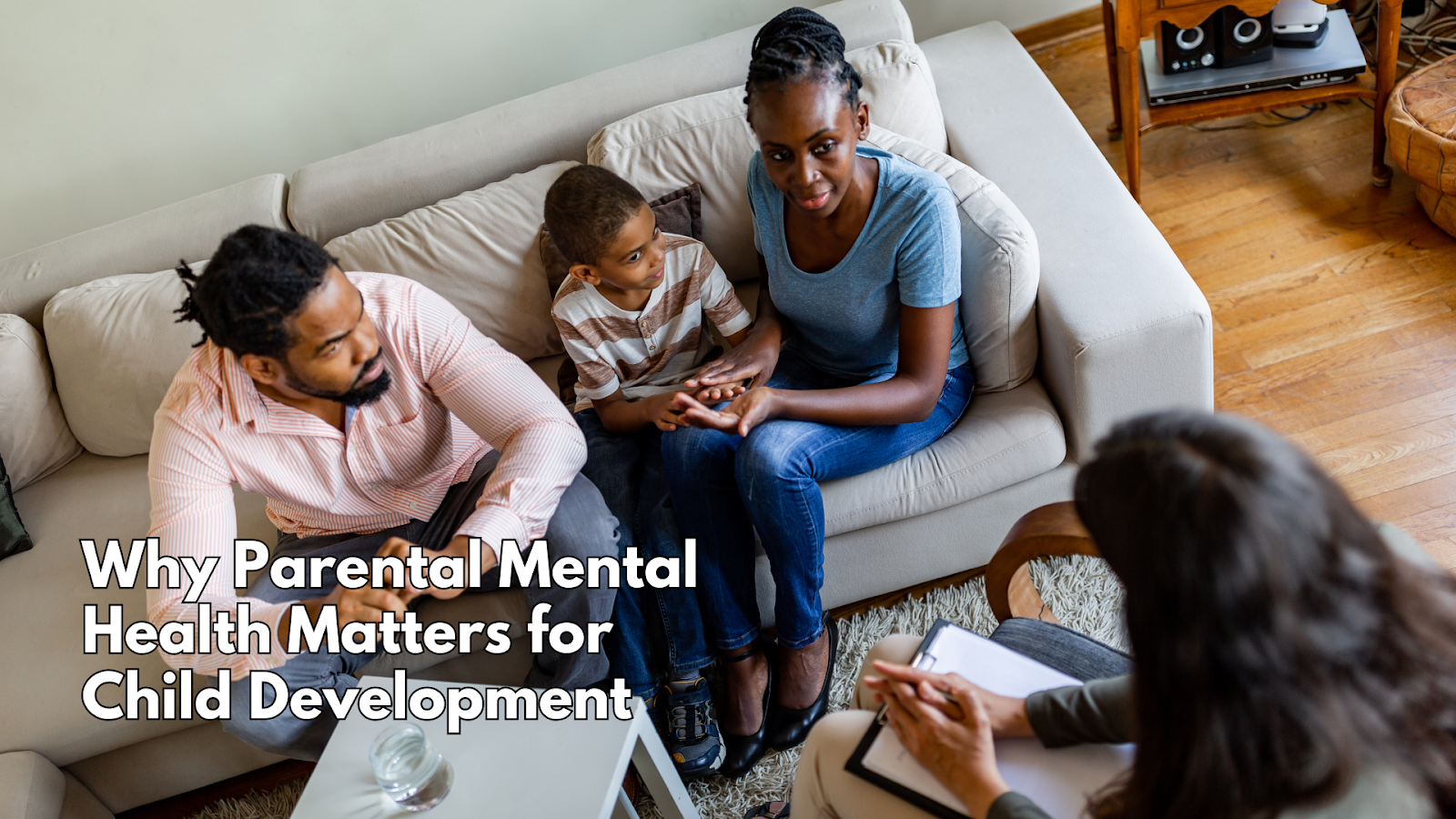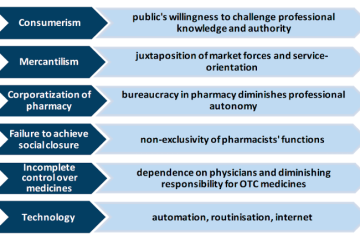It is crucial for parents to provide emotional strength for their children. Many people know this statement as one of the key tenets of proper child-rearing. However, the strength referred to here is primarily internal, involving mental and emotional resilience.
Problems in Parental mental health affect the child in almost all facets of life including emotional, social, academic, and even in their own mental health. Understanding the intricate connection between parental mental health and child development is crucial for enhancing family and community well-being.
Parental Mental Health and Child Development
The mental state of a parent affects their behavior, and also their general outlook in life. Below are the facets of a child’s development that may be impacted by unstable parents.
Emotional Stability
Developing a child’s emotional health emerges from the foundation of a parent’s own emotional well-being. It is important to understand that children are very sensitive and they feel and act the same way as their parents. When parents regulate emotions, children grow up in an environment that allows them to understand the emotions that they have.
On the other hand, parents diagnosed with mental disorders like depression or anxiety may require the help of rehabs in massachusetts to prevent unconsciously passing their distress to their children who will in turn experience more strain and confusion in their developing brains.
Social Skills and Relationships
It is important that parents teach their children how to be social beings by observing how others behave. Healthy social behaviors and positive supportive relationships of parents set a good example for the children to emulate.
However, mental disorders can reduce a parent’s opportunity to socialize and thus the child’s chances of practicing these essential skills. For example, if a parent has social anxiety, then the parent may avoid social situations, which in turn will lead to the child having to avoid social situations as well.
Academic Performance
It is a common phenomenon that the performance of a child at school depends to a great extent on the psychological state of at least one of the parents. When caregivers are mentally healthy, they are more likely to monitor their child’s educational process and provide motivation.
Rather, a problem like depression or drug and alcohol addiction could result in neglect or infrequent participation in the child’s academic learning process. Family stress and disruptions can therefore greatly affect the child’s ability to focus on their school work and excel academically.
Long-Term Mental Health
Parental mental health affects the child throughout his or her childhood and into adulthood. If the child grows up in a house where there are those with mental illnesses, then they are likely to develop the same as well.
This may be a result of genetic influence but it is even more influenced by the environment in which they are raised. Therefore, a home characterized by tension, unpredictability, or negligence can have permanently damaging effects on the children thus providing them with a poor foundation for adulthood.
Substance Dependence and Its Effects in Families
Parental mental health is closely related to substance abuse and their relationship with addiction. Families can severely be affected by this situation, and below are some of the factors related to it.
Parental Addiction
Substance dependence poses one of the significant mental health challenges that millions of families worldwide struggle with. Families become dysfunctional and unstable due to addiction since addicts never know what they are going to do next.
Household addiction can make the children in those households suffer from neglect and abuse, as well as a lack of basic needs. This unstable environment may hamper their psychological and emotional growth processes.
Under parentification, children of addicted parents are prematurely burdened with adult responsibilities, potentially leading to feelings of guilt, anxiety, and excessive responsibility that can severely hinder their development.
Recovery and Rehabilitation
Treatment of substance use disorders is not an isolated issue of the affected person but a process that affects the whole family. It is a significant but not easy process when a parent decides that they need to go to rehab for treatment. Rehab is not just a process of breaking free from an addiction but also healing the mind that led to the addiction in the first place.
Involving the family in the rehabilitation process can make a world of difference. Counseling and family and friend support are important tools that can be used to rebuild a healthy relationship with the addicted person. The children stand to gain a lot by witnessing their parents’ commitment to recovery and understanding that it is possible to turn around for the better despite adversity.
Communal Support and Its Importance
There is no family in a vacuum and the community has a significant responsibility for addressing parental mental health and children. Teachers, doctors, and child welfare personnel can help connect the families in question with all the necessary resources. Counseling services, workshops, awareness campaigns, parenting classes, and support groups are some of the community programs that can enhance the mental health of parents to the benefit of their children.
Educational Institutions
In many cases, schools are left to notice and respond to the effect of parental mental health on children. The teachers and school counselors are useful in fulfilling this role as they help children with their emotions and struggles. Furthermore, schools can provide programs that focus on mental health and different exercises that can be implemented to build up individuals’ resistance.
Healthcare Providers
Primary care physicians such as pediatricians, family practitioners, and gynecologists are well-positioned to screen parents and children for any signs of mental health issues. People are checked for signs of mental illnesses during normal check-ups, which means that issues can be detected early. Healthcare providers can also refer families to the correct mental health care services to help them where needed.
Social Services
It is also important to understand that social services can play a vital role in helping families who are experiencing mental health and addiction challenges. The stress issues that worsen mental health conditions can be eased by programs that offer counseling, financial support, or childcare. Social workers can also help to ensure that children exist and are raised in safe conditions.
Conclusion
The mental health of parents is one of the most important prerequisites for child development. The mental health of the children is determined profoundly by their parents through its effects on their emotional, social, academic, and long-term mental development. Parental substance abuse is a complex concern that does not only need professional help but also the family’s and the community’s support as well.
In this manner, parents can support their children to develop positive mental health and ensure that where they are struggling, they receive the necessary help. The understanding of the interdependency of family members’ welfare can strengthen the family unit and make the communities healthy. It is the parent’s responsibility to remain strong for the child and to do that, the parents must be mentally healthy.
FAQs
How can I help my child to be mentally healthy if I myself have mental health problems?
You should also get help for your own mental health issues as you help others. Counseling, medication, and proper care enhance your health and in turn, boost your capacity and capability to support your child. You can also spend time talking to your child, explaining the situation and your difficulties honestly but in a language they will comprehend and let him or her take part in family therapy sessions.
How can I deal with my partner’s addiction affecting our family?
If you are in a relationship with an alcoholic, it is important to understand how to support him/her while at the same time limiting the ways in which his/her addiction impacts your life. Remind your partner about the available resources and offer to go to rehab or therapy. At the same time, make sure to seek help for you and your children in the form of therapy, support groups, or people you trust.
Do children have the ability to get over the problems of living with a mentally ill parent?
Yes, children can recover from trauma if they receive appropriate support and treatment from child welfare practitioners. Counseling, a safe and nurturing family, and healthy interpersonal relationships can all help in recovery and rehabilitation. It should be underlined that it’s possible to identify signs of trauma and appeal to a specialist as soon as possible.



